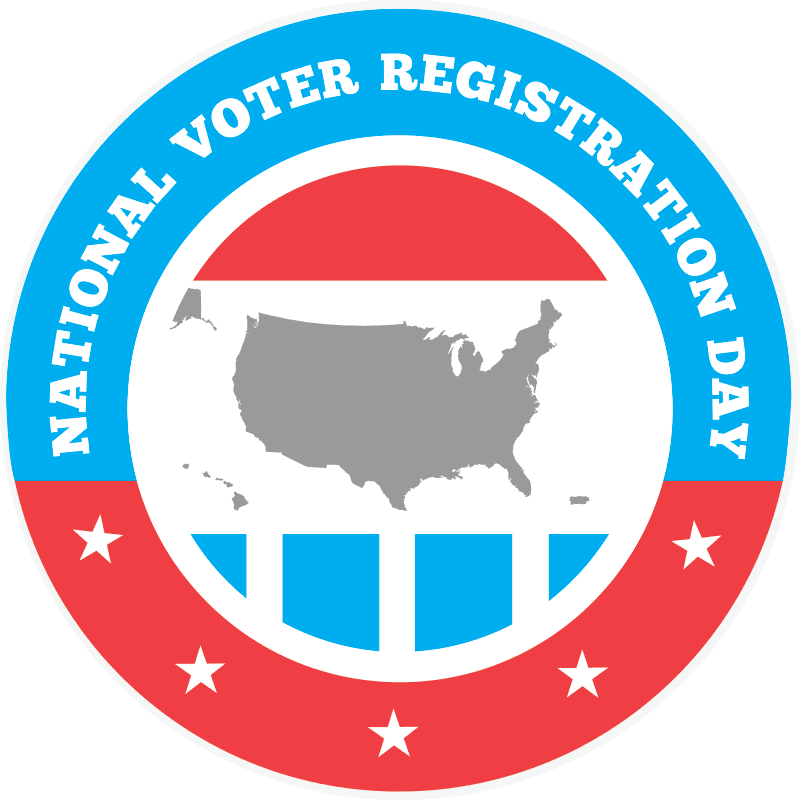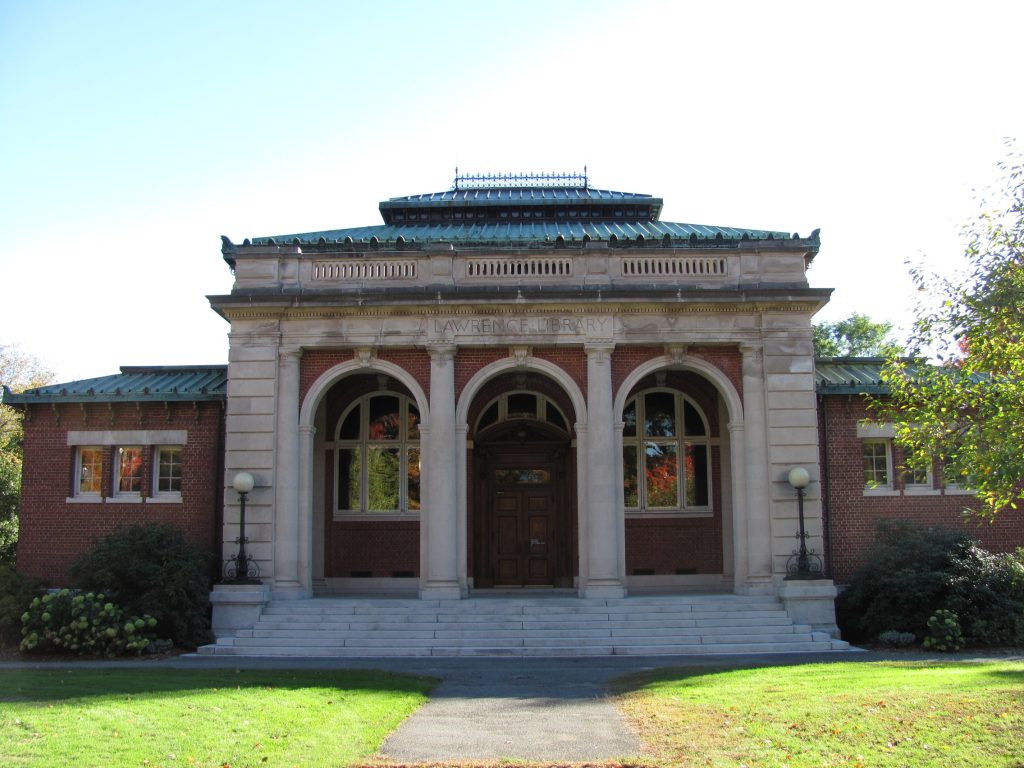
The Lawrence Library recently installed a Little Free Library to the exterior of their local food pantry, PACH Outreach. Thanks to the Friends of the Lawrence Library, the library staff is able to supply new or gently used books from the numerous donations they receive for their annual book sale. The Little Free Library is the latest addition to the library’s Books to Keep program at PACH.
In 2015, the Lawrence Library launched Books to Keep, along with the Friends of the Lawrence Library, to become the first public library in the United States to launch a Chapter of the Books to Keep Program. Books to Keep was founded in The Villages, Florida by a neighborhood book club in 2013 (www.bookstokeep.org). The goal of the organization is to provide new and gently used books to children and teens in need through local food pantries and/or soup kitchens so they can create their own personal libraries.
In June 2016, the library added adult books to the baby, children’s, and young adult selection of books. Similar to the Little Free Library, these books are sourced from donations for the library’s annual book sale. With a growing number of lower income families becoming disenfranchised within their own communities, the library staff felt it was important to have a presence at the food pantry to serve as a reminder that our doors are open to all.
PACH has very limited hours, especially given the fluctuating Covid restrictions, and this new Little Free Library allows for easy access 24/7. This opportunity has allowed our library to help foster the love of reading to all while promoting the many free services the library offers.
The Lawrence Library believes that it is paramount to encourage reading in the community, especially at a young age, based on the following statistics*
- One in six children who are not reading proficiently in third grade do not graduate from high school on time, a rate four times greater than that for proficient readers.
- More than 1 in 5 children in the U.S are living in poverty.
- 30% of children raised in poverty do not finish high school.
The Lawrence Library, located at 15 Main Street in Pepperell, MA is part of the CWMARS consortium. PACH is located at 66 Hollis Street in Pepperell, MA. For more information on the library and our services, please visit http://www.lawrencelibrary.org or contact Deb Spratt at 978-433-0330.
*Statistics taken from The Campaign for Grade-Level Reading
https://gradelevelreading.net/uncategorized/study-links-3rd-grade-reading-poverty-and-hs-graduation
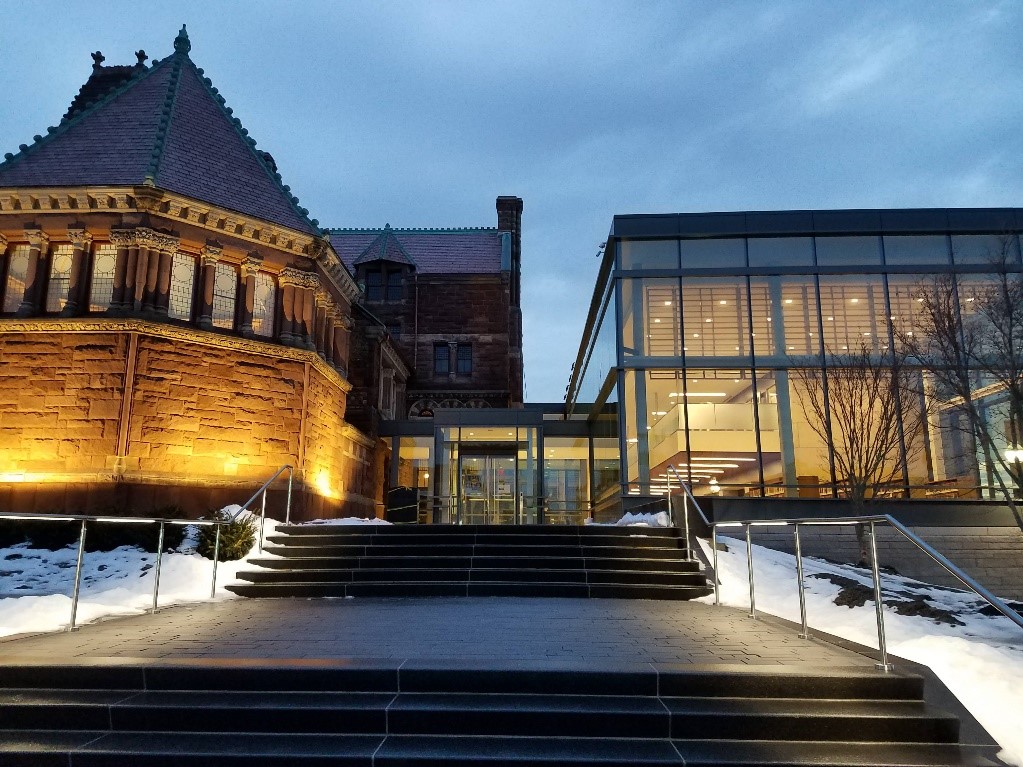

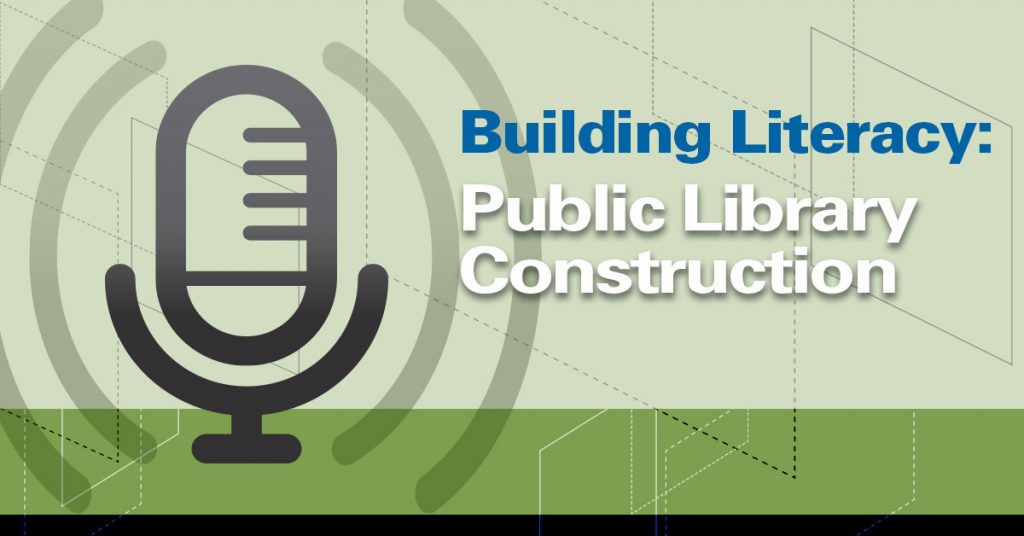
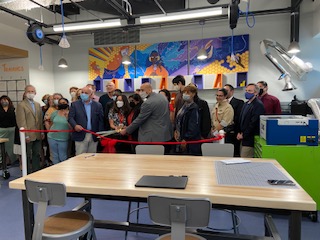 On July 6, 2021, the Cambridge Public Library opened its brand new Hive Makerspace on the lower level of the Main Library. The library says, “The mission of The Hive is to provide free, hands-on STEAM learning opportunities to the Cambridge community, resources for personal projects, and to serve as a hub for skill sharing and creative collaboration.”
On July 6, 2021, the Cambridge Public Library opened its brand new Hive Makerspace on the lower level of the Main Library. The library says, “The mission of The Hive is to provide free, hands-on STEAM learning opportunities to the Cambridge community, resources for personal projects, and to serve as a hub for skill sharing and creative collaboration.”